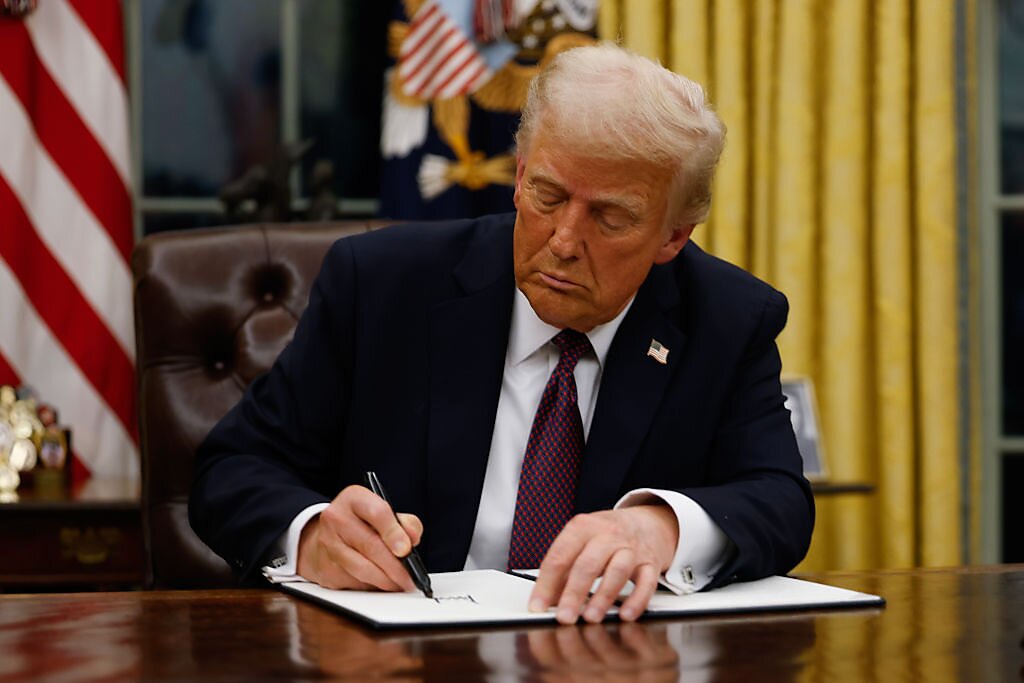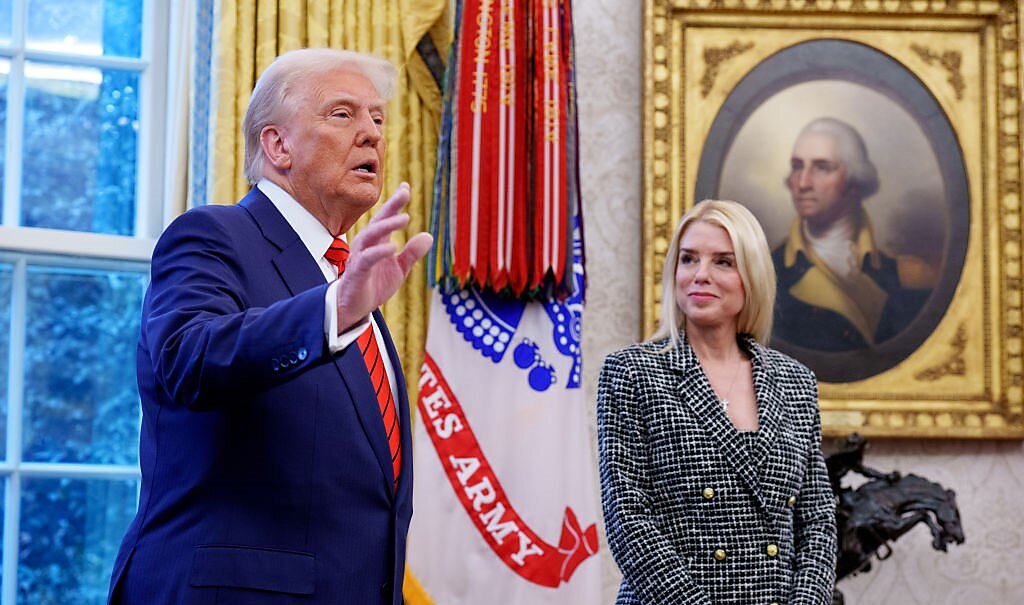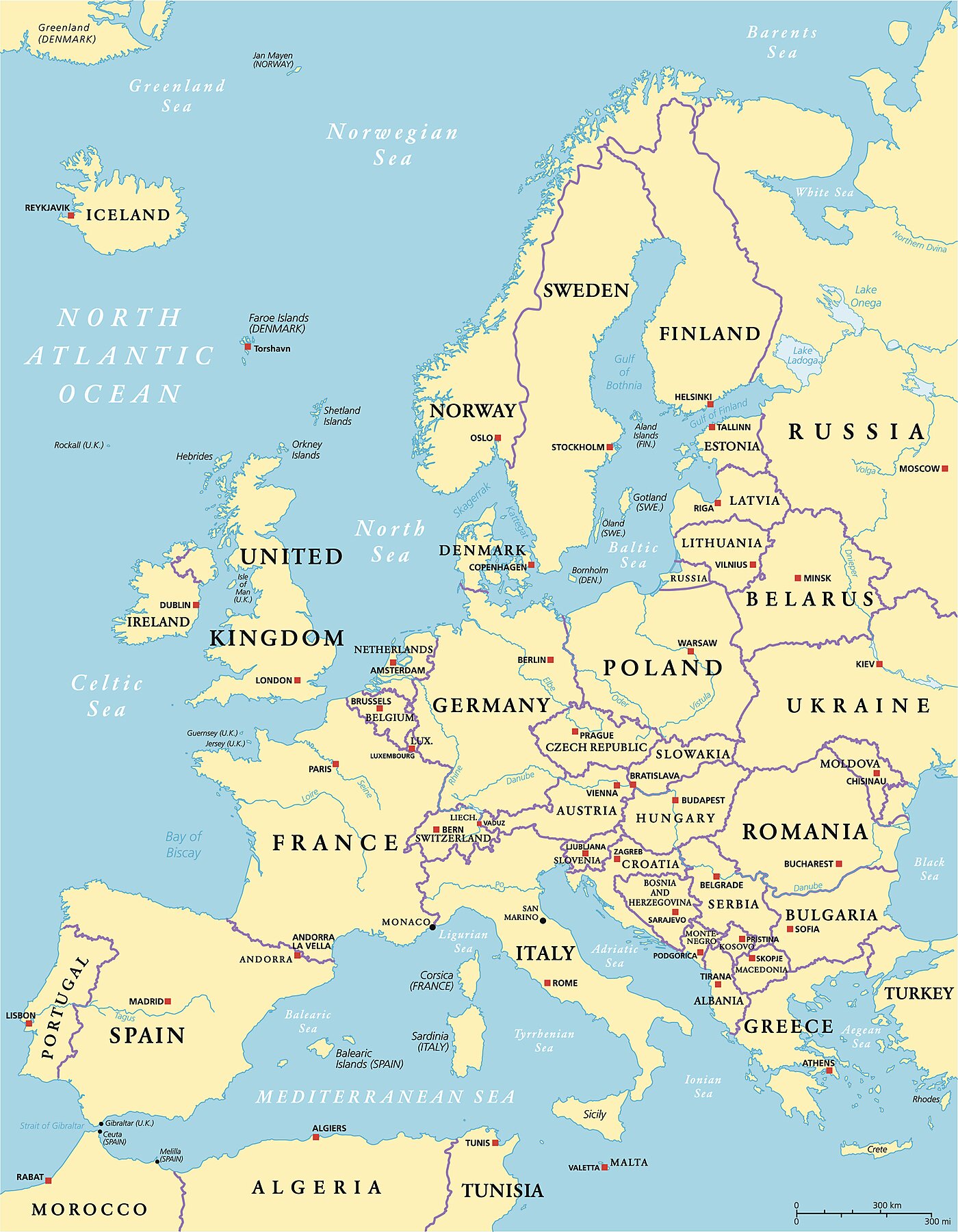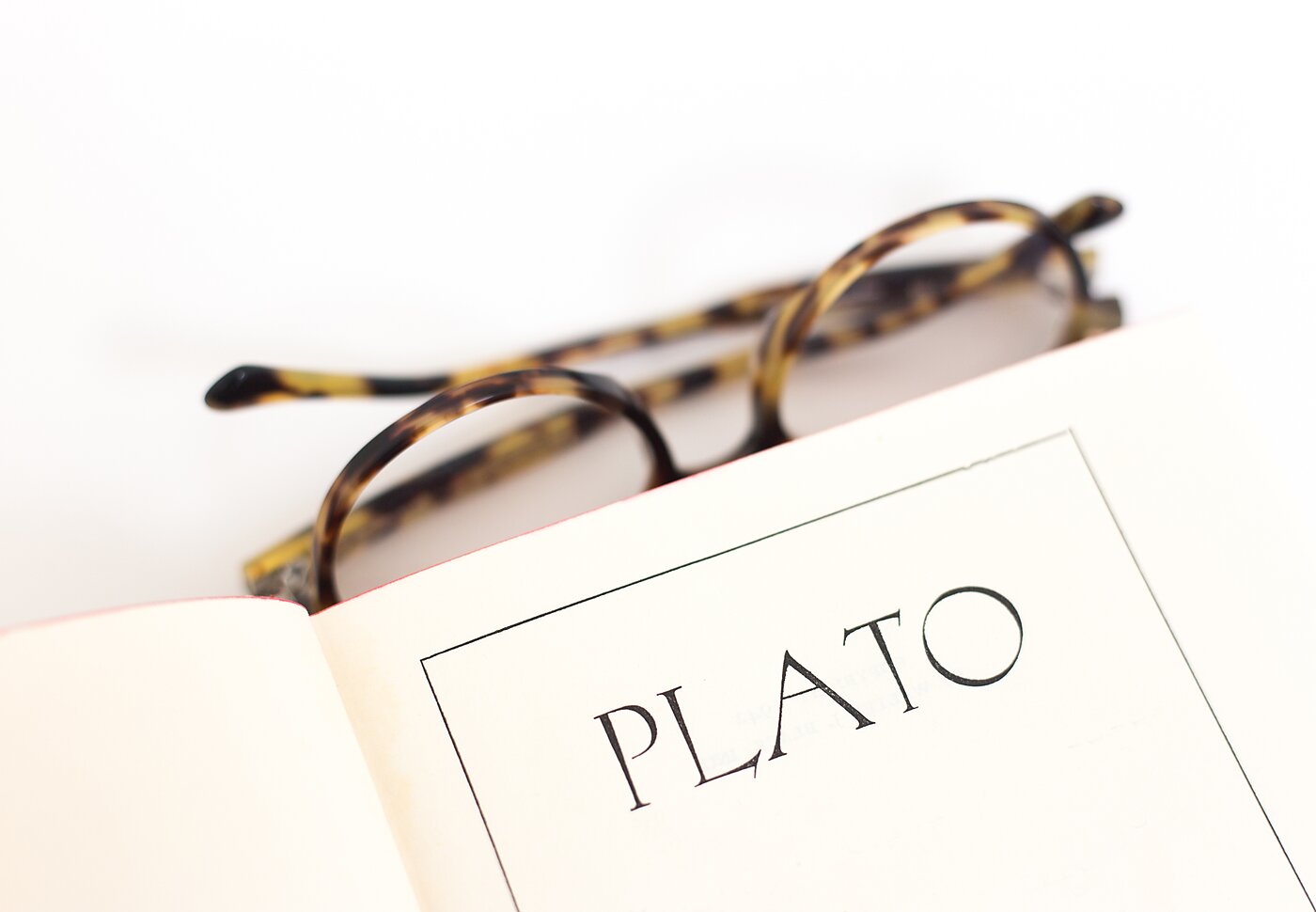On March 30, 2025, I had the pleasure of visiting the Beth El Hebrew Congregation in Alexandria, Virginia, for a conversation inspired by my latest book, The Islamic Moses. The event was organized and hosted by my colleague Evan Bolick, General Counsel at the Cato Institute, and was attended by many members of his community. Thanks to Evan’s thoughtful questions, we explored the rich “Judeo-Islamic” tradition”—from history to theology. We concluded the morning by sharing a delicious spread, which fittingly included bagels (a Jewish favorite!) and baklava (a Turkish favorite!).
The tragic war in the Middle East, which entered a grim new phase after that doomed day of October 7, 2023, has brought immense suffering to both Israelis and Palestinians and has also deepened tensions between Jewish and Muslim communities around the world.
Yet, peace and reconciliation remain the only future worth striving for. While achieving that peace will ultimately depend on political decisions, the rest of us can contribute by building bridges in our communities. This event at Beth El Hebrew Congregation was one such opportunity, and I am grateful to them for welcoming me with such warmth and generosity.












